Modern Muslim Identities: Negotiating Religion and Ethnicity in Malaysia
by NIASBy Gerhard Hoffstaedte
2011, 287 pp, 15x23 cm.
This book explores a central tension in identity politics – how the state, civil society and people in general may want to create and maintain cultural, religious and social cohesion but paradoxically their practices in everyday life often run counter to this. Malaysia is no exception. Here, a political elite maintains a hegemonic system of control and cultural dominance but must juggle political pressure from Islamic and Malay supremacists on the one hand and moderate civil society groups on the other. The result is a complex interplay of domination, accommodation and negotiation between the state and its citizens.
At the heart of the study is the conjuncture between Malay ethnicity and Islamic faith, hence an examination of the state discourse on ‘civilizational Islam’, but other areas are also examined, including the arts as a contested space where artists and the state vie to shape the nation’s imagination.
At the theoretical level, this book is part of a greater narrative about identity politics. It seeks to reach broader understanding of what Heidegger calls being-in-the-world, or the way we relate to other people and places around us. Thus, this book brings a variety of philosophical theory, anthropological insights and social theory together to present an interesting, in-depth ethnographic exploration of contemporary Malay Muslim identity politics.
See here for an detailed explanation of the significance of this book's unique cover.
Highlights
- Explores the relationship between the Malaysian state and its citizens in creating and maintaining fixed identities.
- Focuses on new modalities of being Muslim in a modern world.
- Develops the concept of ‘Islamicity’ to make sense of contemporary modern Islamic religiosity that is applicable to a range of modernizing Muslim countries.
About the Author
Gerhard Hoffstaedter is a lecturer in anthropology at the University of Queensland working on religion and the state, international development and refugees. Previously he was a researcher at La Trobe University. In an interview filmed at the 2010 Euroseas conference in Gothenburg, he discusses the complex issue of Islam and identity in Malaysia and recounts how he became interested in this subject.
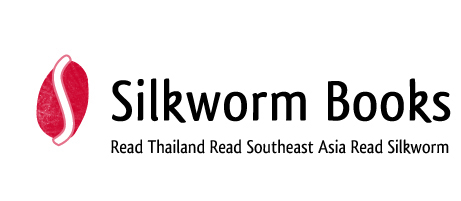
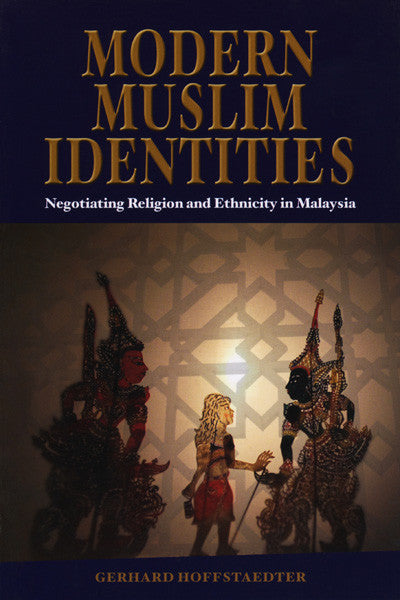
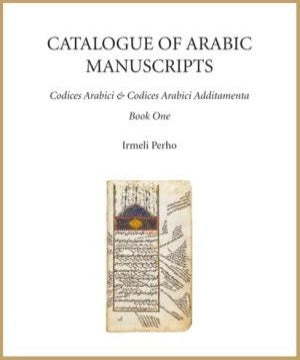
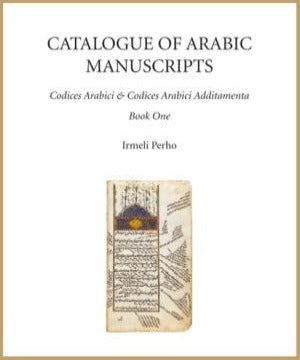
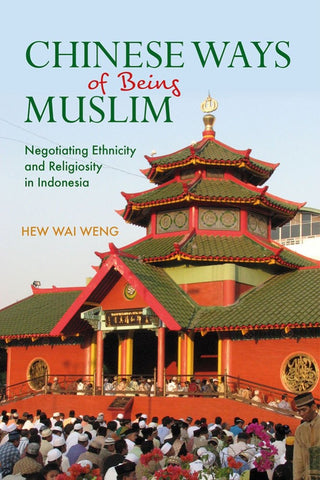
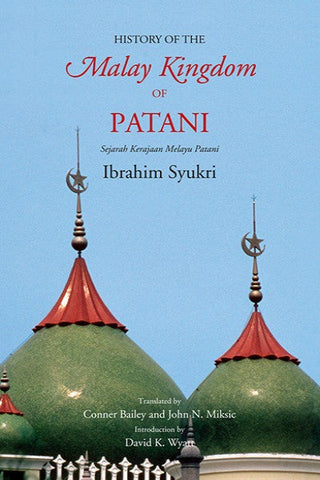
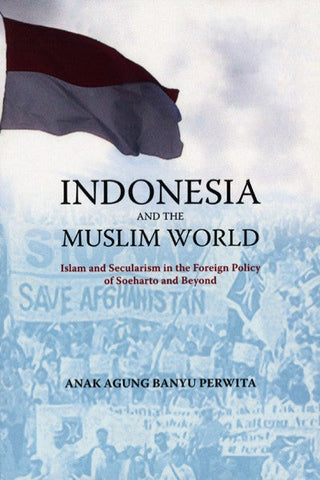
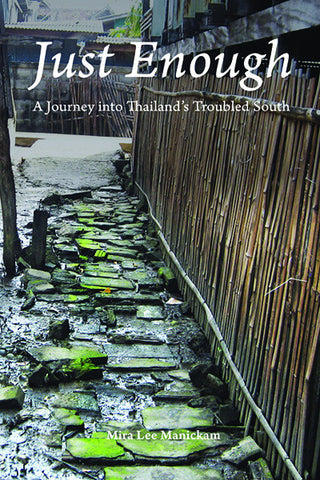
Share this item: